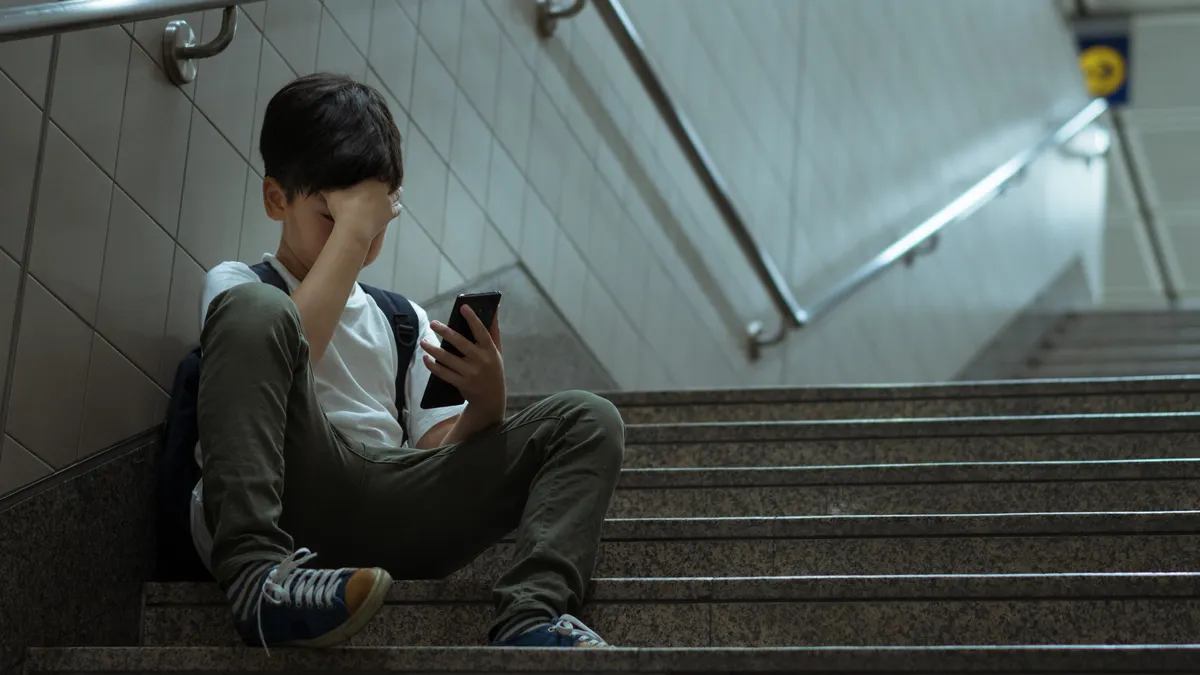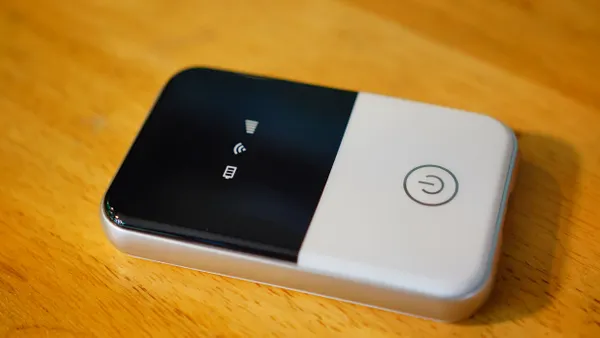Even as school cellphone bans proliferate, a growing body of evidence suggests digital media — and cellphone use specifically — is harming child and teen development.
A meta-analysis of 117 studies published in June found that the relationship between screen time and socioemotional well-being is somewhat of a Catch-22: Increased screen time can lead to emotional and behavioral problems, and children with those problems rely on screens to cope with them.
Another study of 4,285 U.S. teens published last week found nearly a third showed increasing addictive behaviors related to social media and almost a quarter for cellphones. These addictive behaviors — rather than screen time alone — were linked to increased risks of suicidal behaviors or thoughts.
School phone bans have gained traction across political divides nationwide in recent years, with educators and lawmakers citing both student mental health and academic performance as reasons to restrict cellphones during the school day.
As of May, 21 states ranging from California to Utah had instituted a ban or limit on cellphones in the classroom, according to Ballotpedia.
Most recently, Nevada Gov. Joe Lombardo signed a law requiring school districts to adopt policies regulating cellphone use during the school day and limiting classroom cellphone use in most cases.
A separate study released in March — this time examining about 1,500 11- to 13-year-olds in Florida, where cellphones have been banned during class time since 2023 — suggested that restricting cell phones would boost grades and mental health for children who use screens more heavily.
The 22% of Florida students surveyed who reported using their favorite app for six or more hours per day were also three times more likely to report getting mostly D's and F's than their peers.
Those students were also 6 times more likely than less-frequent users to report severe depression symptoms — even when ruling out factors like age, household income, gender, parent education, race and ethnicity.
Students who always had their cellphone push notifications turned on, which made up about 20% of the sample, were also more likely to report worse grades and to experience anxiety.
"Banning students’ access to phones at school means these kids would not receive notifications for at least that seven-hour period and have fewer hours in the day to use apps," the study’s authors wrote in an overview of the study published by The Conversation, a nonprofit publication written by academic experts.
However, that same study found 17% of Florida students who attend schools that ban or confiscate phones report severe depressive symptoms, quadruple the 4% who attended schools that allowed limited phone use and reported those symptoms.
Correlation in this case did not necessarily mean causation, however. "We are not suggesting that our survey shows phone bans cause mental health problems," the authors wrote. "It is possible, for instance, that the schools where kids already were struggling with their mental health simply happened to be the ones that have banned phones. "






 Dive Awards
Dive Awards








